The Sun
May 10, 2018
By: Pete Demola
WASHINGTON, D.C. | The House Armed Services Committee approved a $716 billion spending plan on Thursday.
The annual defense reauthorization is one of the largest legislative packages Congress tackles every year, containing a blend of defense and national security policies and fiscal proposals.
The final package includes billions in equipment upgrades, an increase in active duty troops, strengthened sanctions on the Russian arms industry and efforts to combat Chinese cyberwarfare.
Lawmakers spent hours debating amendments to the bill on Wednesday.
Rep. Elise Stefanik (R-Willsboro), a member of the House Armed Services Committee, said she was pleased that a half-dozen of her key priorities made into the package, also known as the National Defense Authorization Act (NDAA).
Among the lawmaker’s priorities that made the cut following the 14.5 hour markup session:
- Establishing a policy and oversight council to review advances in artificial intelligence and identify future needs;
- Legislation to increase resources and expand job opportunities for military spouses;
- A provision that would require the U.S. Defense Department to notify Members of Congress whenever a constituent serving in the armed forces is seriously wounded and hospitalized while on active duty;
- A provision advocating for a East Coast Missile Defense Site;
- A provision to increase transparency at the Defense Health Agency;
- A measure promoting the use of ceramic capabilities produced at plants like Alcoa
The $716 billion bill, which contains 248 amendments, passed the House Armed Services Committee 60-1, with Rep. Tulsi Gabbard (D-Hawaii) the lone holdout.
The legislation now heads to the House for a full vote later this month, and then on to the Senate.
“It’s one of the most important bills that Congress passes,” Stefanik told The Sun Thursday in a phone interview.
The lawmaker previously worked to insert policies that would require the Defense Department to weigh the use of materials manufactured at Norsk Titanium when considering defense contracts.
Stefanik said she was pleased the legislation boosts funds for military readiness and gives troops a 2.6 percent pay raise, the largest in nine years.
The lawmaker, who also serves as chair of the Subcommittee on Emerging Threats and Capabilities, highlighted provisions to counter Russian aggression and to provide new sanctions on the Russian arms industry.
EYE ON AI
Stefanik has taken a particular interest in cybersecurity issues, and said one of her key priorities has been to ensure that the U.S. is the global leader in developing cutting edge artificial intelligence (AI) technology.
A provision drafted by the lawmaker will establish a policy and oversight council to review advances in AI and identify the nations’ needs for what Stefanik calls a “critical element of the 21st century battlefield.”
Under the provision, the Defense Department will “oversee, accelerate and integrate” AI and machine learning across the defense enterprise.
The lawmaker said she’s increasingly worried about China and Russia making major government-led pushes to advance their AI technological capabilities.
“It will allow us to keep pace and surpass adversaries like China and Russia who are investing in AI,” Stefanik said. “(China) wants to be a global leader by 2030, and we need to ensure that doesn’t happen.”
AI is already changing the face of global warfare, said the lawmaker, citing bots deployed by Russian operatives used to sow discontent during the 2016 presidential election.
“Some accounts on Twitter are fronts for Russian bots, and that’s concerning to me,” Stefanik said. “They have a significant number of military personnel focused on putting out misinformation.”
The U.S. taking the lead on AI is not only critical to national security, but also to the development of the broader economy, said the lawmaker.
The bill would also establish an artificial intelligence policy and oversight council, and conduct a thorough review of the wide-ranging military applications of the technology.
Reports would then be submitted to the White House.
At present, stakeholders are working through jurisdictional issues before the measure comes up for the full vote in the House, she said.
PARED DOWN PARADE
Stefanik also supports a East Coast Missile Defense Site at Fort Drum, calling it “reckless” to leave the East Coast open to attack as hostile foreign powers advance their military capabilities.
Some of the NDAA’s more controversial issues, including allowing transgender troops to serve in the military, were not included.
The lawmaker also worked to pare down President Donald Trump’s request for a military parade.
“We limited the scope of what a military parade would look like and will not allow operational units or systems,” Stefanik said, referring to tanks and other heavy military vehicles.
Republicans outnumber Democrats on the committee 34 to 28, and Democratic attempts to limit the deployment of National Guard troops to the U.S.-Mexican border were also stymied.





